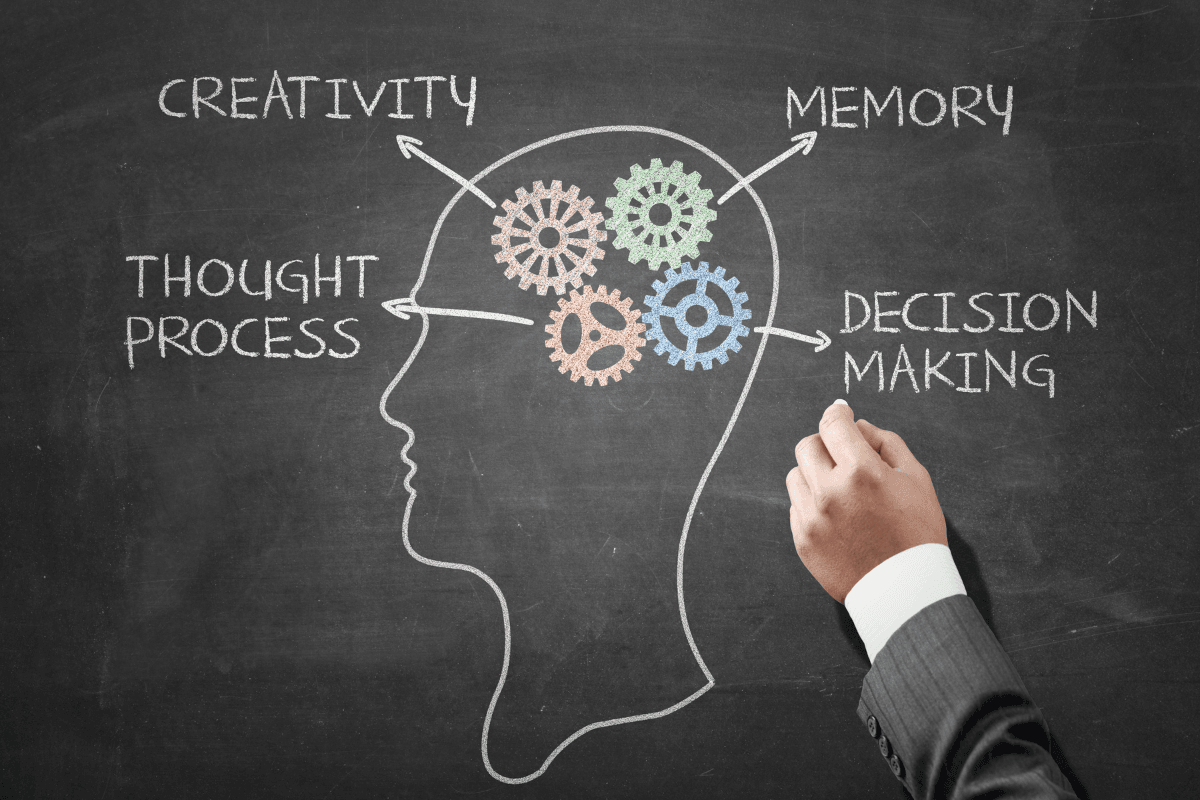If you find yourself stuck in recurring emotional patterns or overwhelmed by stress, mind-body psychotherapy offers a holistic path to healing. This integrative approach combines traditional talk therapy with body-centered practices like yoga, meditation, EMDR, and structured writing to address mental, emotional, and physical well-being. At the forefront of this transformative work are Angela and Dennis Buttimer of Buttimer Consulting, renowned experts in behavioral psychology and leadership development.
What Is Mind-Body Psychotherapy?

Definition and Core Principles
Mind-body psychotherapy recognizes the profound connection between emotional well-being and physical health. It integrates traditional psychotherapy techniques with body-centered practices to address mental and emotional struggles comprehensively.
How It Differs from Traditional Talk Therapy
Unlike conventional therapy, which primarily focuses on thoughts and emotions, mind-body psychotherapy considers how the body holds onto trauma, stress, and unhealthy habits. By involving the body in the healing process, this method allows for deeper emotional release and long-term behavioral transformation.
The Science Behind Mind-Body Integration

The Brain-Body Connection in Mental Health
Emerging neuroscience reveals that our brains and bodies are in constant communication. Chronic stress can dysregulate the nervous system, contributing to anxiety, depression, and physical illness. Mind-body practices like yoga and meditation help restore balance by calming the autonomic nervous system.
How Stress and Trauma Are Stored in the Body
Experiences of trauma or prolonged stress can become stored in the body, manifesting as muscle tension, shallow breathing, or gut issues. Mind-body psychotherapy works to release these stored tensions through safe, structured practices.
Breaking Negative Patterns Through a Holistic Lens

Recognizing Limiting Beliefs and Emotional Loops
Often, we unconsciously repeat emotional patterns—choosing relationships that reinforce past wounds or reacting from a place of fear. Therapy helps bring these patterns to light.
Rewiring Thought Patterns with Therapeutic Tools
Mind-body psychotherapy utilizes techniques like mindfulness, EMDR, and breathwork to reframe experiences and disrupt automatic reactions. Over time, these tools rewire neural pathways and support healthier responses.
Integrative Modalities Used in Mind-Body Psychotherapy

Talk Therapy and Cognitive Techniques
Traditional approaches like Cognitive Behavioral Therapy (CBT) help identify and shift negative thought patterns. When combined with body-based techniques, their effectiveness often increases.
Yoga for Emotional Regulation and Body Awareness
Yoga is more than physical exercise; it’s a way to tune into the present moment. Breath-centered movement improves emotional regulation and helps individuals become more attuned to their bodies and feelings.
Meditation and Mindfulness for Thought Repatterning
Meditation cultivates awareness of thought patterns, helping clients detach from automatic responses. Mindfulness reduces rumination and builds resilience over time.
EMDR and Hypnosis for Trauma Resolution
Eye Movement Desensitization and Reprocessing (EMDR) and therapeutic hypnosis are powerful tools for reprocessing trauma and shifting subconscious beliefs that influence behavior.
Structured Writing for Self-Discovery and Insight
Expressive writing and journaling allow for emotional release and reflection. In therapy, writing can clarify thoughts, identify patterns, and track growth over time.
Benefits of Mind-Body Psychotherapy

Reducing Anxiety and Chronic Stress
Through breathwork, meditation, and somatic techniques, clients often experience lower levels of anxiety and improved stress management.
Improving Self-Awareness and Emotional Intelligence
Body-based therapies enhance emotional literacy and increase awareness of the mind-body connection, promoting better decision-making and interpersonal skills.
Building Healthier Habits and Coping Strategies
By targeting the root of self-defeating behaviors, this integrative approach helps establish sustainable coping skills and emotional resilience.
Is Mind-Body Psychotherapy Right for You?

Who Can Benefit Most
Mind-body psychotherapy is especially helpful for those struggling with anxiety, PTSD, chronic stress, trauma, or anyone feeling disconnected from their emotions or body.
How to Get Started with a Trained Therapist
Angela and Dennis Buttimer of Buttimer Consulting are seasoned therapists specializing in integrative mind-body approaches. They offer a supportive and confidential space for individuals seeking to overcome personal challenges and enhance their well-being. Their practice is dedicated to fostering a collaborative and trusting therapist-client relationship, essential for achieving meaningful progress and healing.
Final Thoughts: Embrace Healing Through Integration

Healing isn’t just about thinking differently—it’s about feeling differently in your body and mind. Mind-body psychotherapy offers a pathway to break free from unhealthy emotional cycles by combining evidence-based therapy with holistic practices.
If you’re ready to rewrite your story from the inside out, Angela and Dennis Buttimer at Buttimer Consulting are here to guide you. With decades of experience in behavioral psychology and leadership development, they provide compassionate support and expert guidance to help you navigate life’s challenges. Contact them today to begin your transformative journey in a safe, supportive, and confidential setting.









